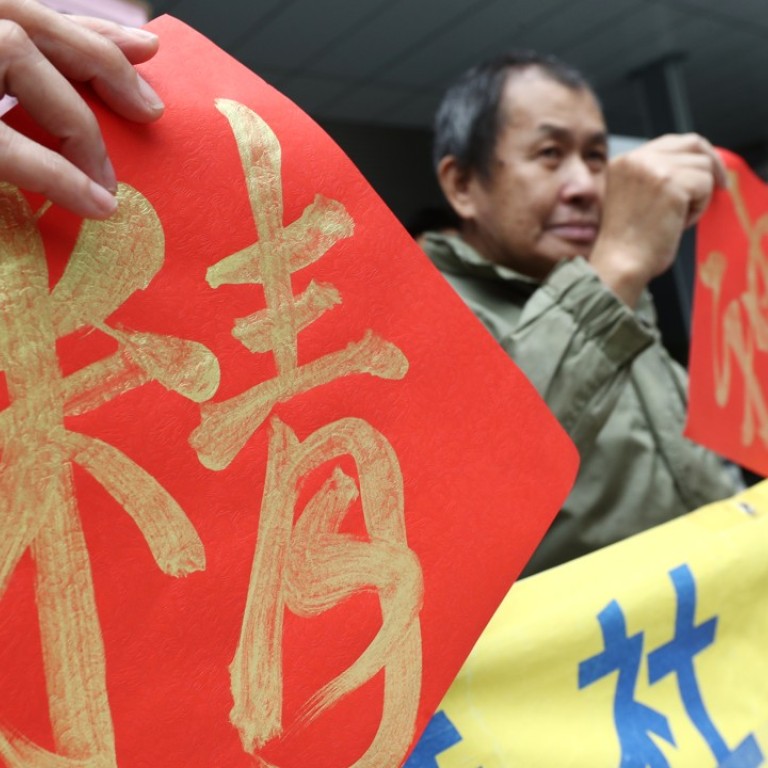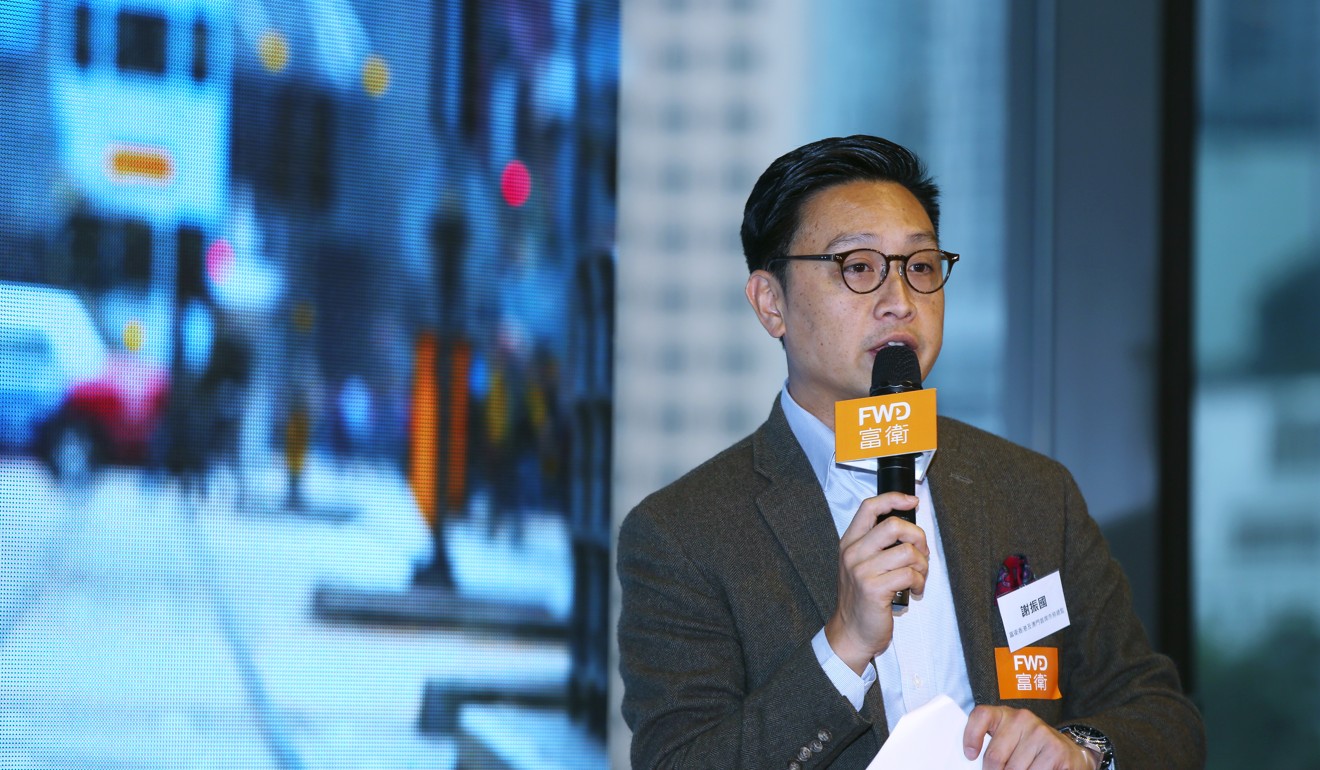
In a first for Hong Kong, insurer FWD rolls out coverage for mental illnesses such as anxiety
A local insurance company controlled by tycoon Richard Li Tzar-kai has launched a new product that addresses the gap in mental health services in the city, offering coverage for mental illnesses such as anxiety and mild depression.
FWD, which is owned by Li’s Pacific Century Group, along with minority shareholder Swiss Re, on Thursday unveiled a critical illness plan covering 10 types of mental disorders – and around 60 severe diseases, becoming the first insurer to do so in Hong Kong.
Such private medical insurance plans can help alleviate demand on the overburdened mental health care system in Hong Kong, where 330 psychiatrists are working in the public sector, or 4.5 psychiatrists per 100,000 people, according to the Hospital Authority.
“Mental illnesses are excluded by most medical insurance schemes,” said Chan Kin-por, chairman of the Finance Committee in the Legislative Council, during a phone interview. “Consumers now have a choice.”
Around 1 million people in Hong Kong, or a seventh of the city’s population, suffer from mental illnesses, according to research by the Chinese University of Hong Kong.
The most common disorders were mixed anxiety and depression, the research showed.
Under FWD’s critical illness plan Mind+, a policyholder in their early 30s can expect to pay an annual premium of around HK$14,000 (US$1,789.20) to get a potential reimbursement of HK$600,000, according to Paul Tse, chief marketing officer of FWD Hong Kong and Macau.

Critical illness insurance is a type of medical insurance that covers diseases such as cancer and organ failures. Policyholders will receive a lump sum cash payment if diagnosed with one of the diseases.
“The reimbursement is from 10 to 50 per cent,” Tse said, lower than the 100 per cent level for most of the physical diseases in such plans.
“We usually see an average reimbursement rate of 25 per cent for mental illnesses, since they tend to be diagnosed as early stages diseases,” said one agent at Prudential Hong Kong.
“People should also know the limitations of such insurance products since they are still very new,” Chan said.
“It's not only the waiting time but the time given to each patient which is more alarming,” said Ashok Bansal, former chairman of the management committee at the Samaritans Hong Kong.
“The doctors, speaking off the record, admit that at best a patient on average gets five to seven minutes for follow up appointments,” according to one volunteer from a NGO in the mental health sector.
“There is no time to talk to the patient so they just prescribe medications,” he said. “If you would go to a private clinic each visit would be at least half an hour or more.”

Stigma is another challenge when addressing the mental health issue in Hong Kong. The insurer also published an online self-assessment tool with the Hong Kong Society of Psychiatrists, in a bid to promote awareness of mental health.
“Due to insufficient understanding, discrimination by society and a sense of shame, many hidden patients in Hong Kong have not sought medical help nor received treatment,” said Dr Lam Chi Leung, chairman of the Hong Kong Society of Psychiatrists, an organisation that represents private psychiatrists in the city, said on Thursday.

